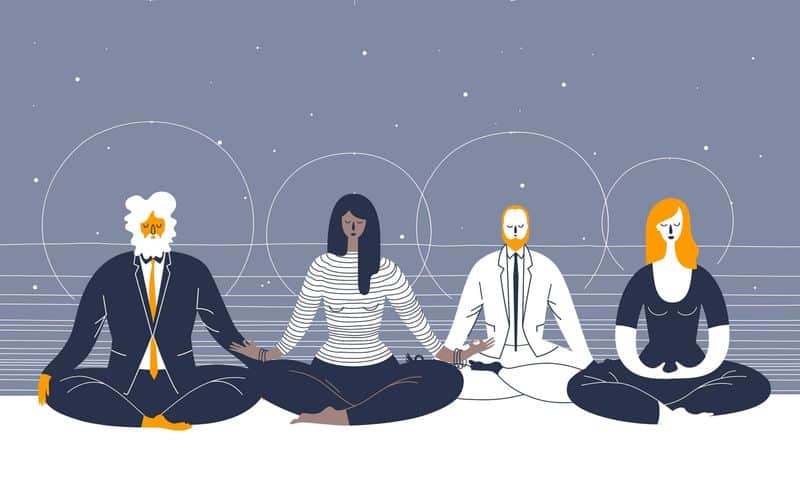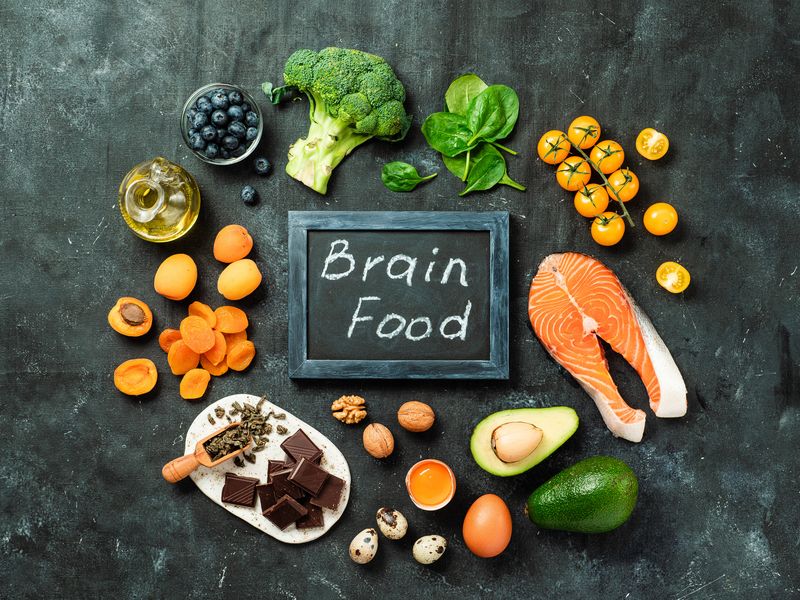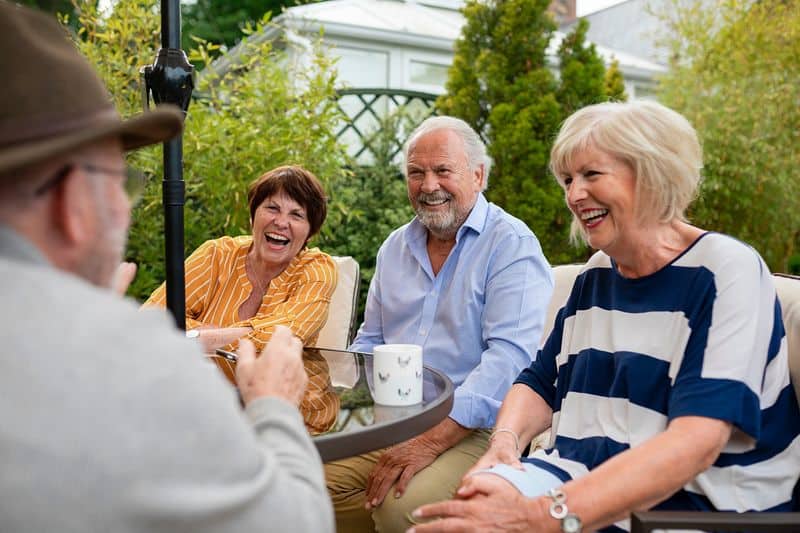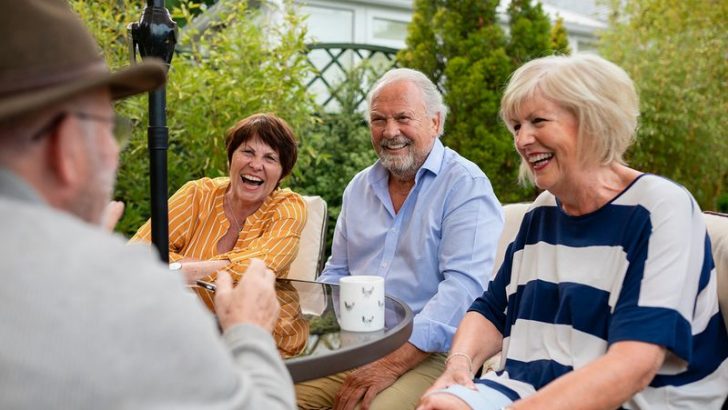As we age, maintaining mental acuity becomes crucial to enjoying life and embracing each day with enthusiasm. While aging is a natural process, science shows that there are ways to slow down mental decline and keep our minds sharp. These strategies not only contribute to mental fitness but also enhance our overall well-being and happiness in the later years.
This article explores seven practical and actionable methods to stay sharp and fight the clock on mental decline, offering a refreshing perspective for the older generation who wish to remain mentally active and engaged in their daily lives.
1. Mindful Meditation

Mindful Meditation
Mindful meditation is a powerful tool in preserving cognitive function. It involves concentrating on the present, helping to reduce stress and enhance mental clarity. Studies have shown that regular meditation can improve attention span and memory.
For older adults, incorporating just a few minutes of meditation into the daily routine can lead to significant cognitive benefits. Whether it’s guided meditation or self-led, the focus is on breathing and awareness, which can be both calming and rejuvenating.
2. Brain-Boosting Diet

Brain-Boosting Diet
Nutrition plays a vital role in cognitive health. Consuming a diet rich in antioxidants, omega-3 fatty acids, and vitamins can support brain function and delay mental decline. Foods like berries, nuts, and leafy greens are particularly beneficial.
For seniors, prioritizing a balanced diet filled with essential nutrients can help maintain mental agility. Simple dietary changes, such as adding more fish and reducing processed foods, can make a profound difference in mental sharpness.
3. Regular Physical Activity

Regular Physical Activity
Engaging in regular physical exercise is crucial for both physical and mental health. Activities such as walking, jogging, or yoga increase blood flow to the brain, enhancing cognitive function.
For older adults, staying active helps maintain balance, flexibility, and mental acuity. Even a daily walk can stimulate the mind, boost memory, and improve mood, making it an essential part of a healthy lifestyle.
4. Social Engagement

Social Engagement
Social connections are vital for mental health and can significantly reduce the risk of cognitive decline. Engaging in social activities keeps the mind active and encourages emotional well-being.
For the older generation, maintaining friendships and participating in group activities or clubs can provide mental stimulation and joy. It’s about creating a supportive network that enhances life quality and mental sharpness.
5. Lifelong Learning

Lifelong Learning
Continuing to learn new skills or hobbies is a fantastic way to keep the brain sharp. Whether it’s taking a course, learning a new language, or picking up a musical instrument, lifelong learning challenges the brain.
For seniors, these activities offer mental exercise that promotes cognitive health. Learning stimulates neurons, enhances memory, and can be incredibly fulfilling and enjoyable.
6. Adequate Sleep

Adequate Sleep
Quality sleep is essential for cognitive function and mental health. During sleep, the brain consolidates memories and rejuvenates itself, which is vital for maintaining sharpness.
For the elderly, establishing a regular sleep schedule can improve memory and concentration. Simple practices like limiting screen time before bed and creating a restful environment can significantly enhance sleep quality.
7. Creative Pursuits

Creative Pursuits
Engaging in creative activities like painting, writing, or crafting stimulates the brain and enhances cognitive abilities. Creativity encourages new neural connections, improving problem-solving skills and memory.
For older adults, dedicating time to creative hobbies can keep the mind agile and provide a joyful outlet for expression. It’s about exploring new passions and embracing the freedom of creativity.

Well, hello there!
My name is Jennifer. Besides being an orthodontist, I am a mother to 3 playful boys. In this motherhood journey, I can say I will never know everything. That’s why I always strive to read a lot, and that’s why I started writing about all the smithereens I came across so that you can have everything in one place! Enjoy and stay positive; you’ve got this!

